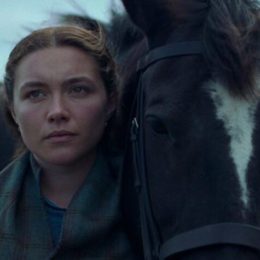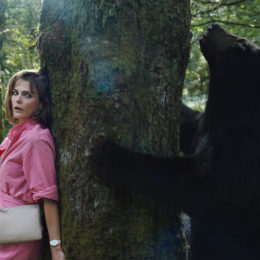THE BANSHEES OF INISHERIN. Civil War [Review]
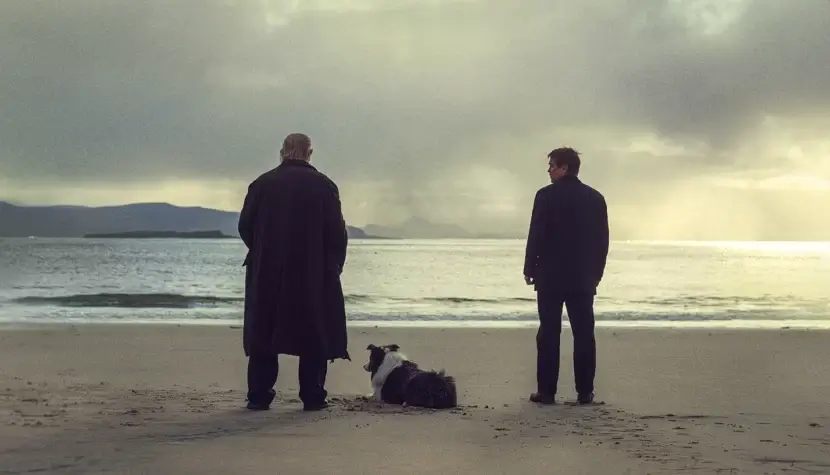
Pádraic (Colin Farrell) and Colm (Brendan Gleeson) are best friends. They live on the fictional Irish island of Inisherin, whose main attractions are the local pub and the priest who comes to celebrate mass once a week. Their lives are turned upside down when Colm, overnight, decides not to speak to Pádraic again. No reason given, no apparent reason. Simply: the friendship is broken. Definitely and irrevocably. Everything that happens after that is a consequence of that decision.
On a metaphorical level, The Banshees of Inisherin is a parable about the absurd nature of conflict. The Irish Civil War (1922-1923) is an important plot background here, which the characters watch from a safe distance of a neutral island. Pádraic and Colm’s broken relationship becomes a reflection of what is happening to their compatriots on the other side of the strait: an irrational, fratricidal struggle that consumes lives. As with most wars, the conflict of the heroes has idiotic, inexplicable bases that escalate over time to gargantuan proportions, leaving no room for anything else in their lives. When words fail – and they fail quite quickly – sheep shears, severed fingers, gasoline and kerosene lamps come into action. The point of no return is passed.
On a more mundane level, McDonagh’s latest film is about a midlife crisis. Colm decides not to talk to Pádraic again, because he sees their relationship as a waste of time, which, as he repeatedly emphasizes, he has less and less. So he decides to use his last years in the only right way: to hide in a wooden hut and compose folk music. Give up unnecessary interpersonal contacts to go down in the history of mankind as an artist, because “in 50 years no one will remember any of us. Unlike the music of a man who lived two centuries ago…”.
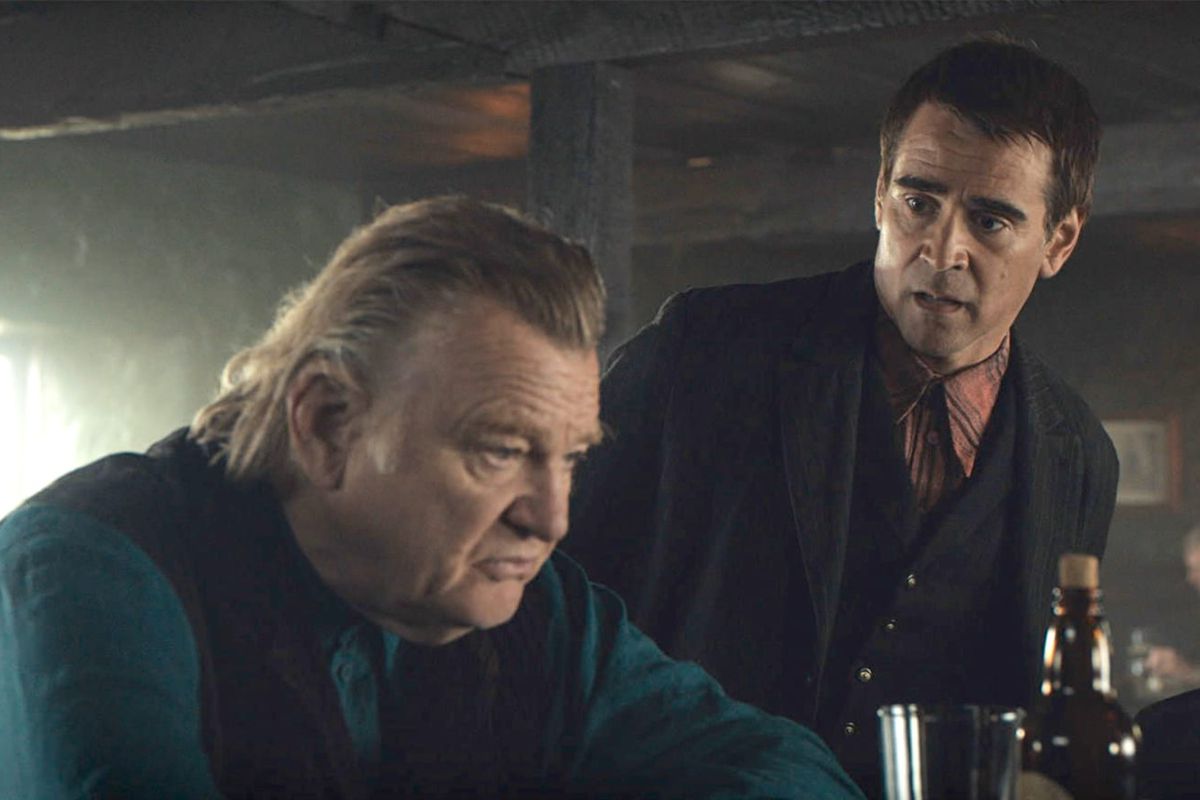
Related:
Colm shares this thought in by far the best scene of the entire film – a verbal duel with Pádraic played out in front of a packed pub. McDonagh juxtaposes two completely different life philosophies at this point. Carpe diem Pádraica, based on an easy smile, taking care of animals (especially his beloved donkey) and everyday pleasure in the form of an evening beer with a friend, is collided with Colm’s symbolic pursuit of immortality. There is no clear winner in this fight, in the end there are only severely scarred losers – except for McDonagh, of course, who unnoticed manages to plant an existential question in the viewer’s mind. Who is a more valuable person: a polite, naturally good member of the local community or a surly, isolated artist?
Just two guys arguing
The strongest point of The Banshees of Inisherin is the script, and more specifically – the dialogues. McDonagh started out as a playwright and you can hear that almost everywhere. Language plays a separate role in the Irishman’s films: on the one hand, it is a showcase of the characters, and on the other, it brings to the surface the comedic aspects of his projects. Because, and it should be emphasized very strongly, McDonagh’s films are never pure-blooded comedies. They are rather comedy-dramas, black comedies, and perhaps it would be best to say: tragicomedies. Laughter caused by a sharp retort or a funny exchange quickly gets stuck in our throats when we see what fate befell the film’s heroes – regardless of whether ill-considered decisions play the first fiddle here, or fate put to the service of dramaturgy, emphasizing McDonagh’s theatrical pedigree. Perhaps Marx once said that all historical events are experienced twice: first as tragedies and then as farces. In the films of the author of Three Billboards Outside Ebbing, Missouri, these strong, ancient oppositions are experienced simultaneously – sometimes within one scene. The effect is invariably cathartic.
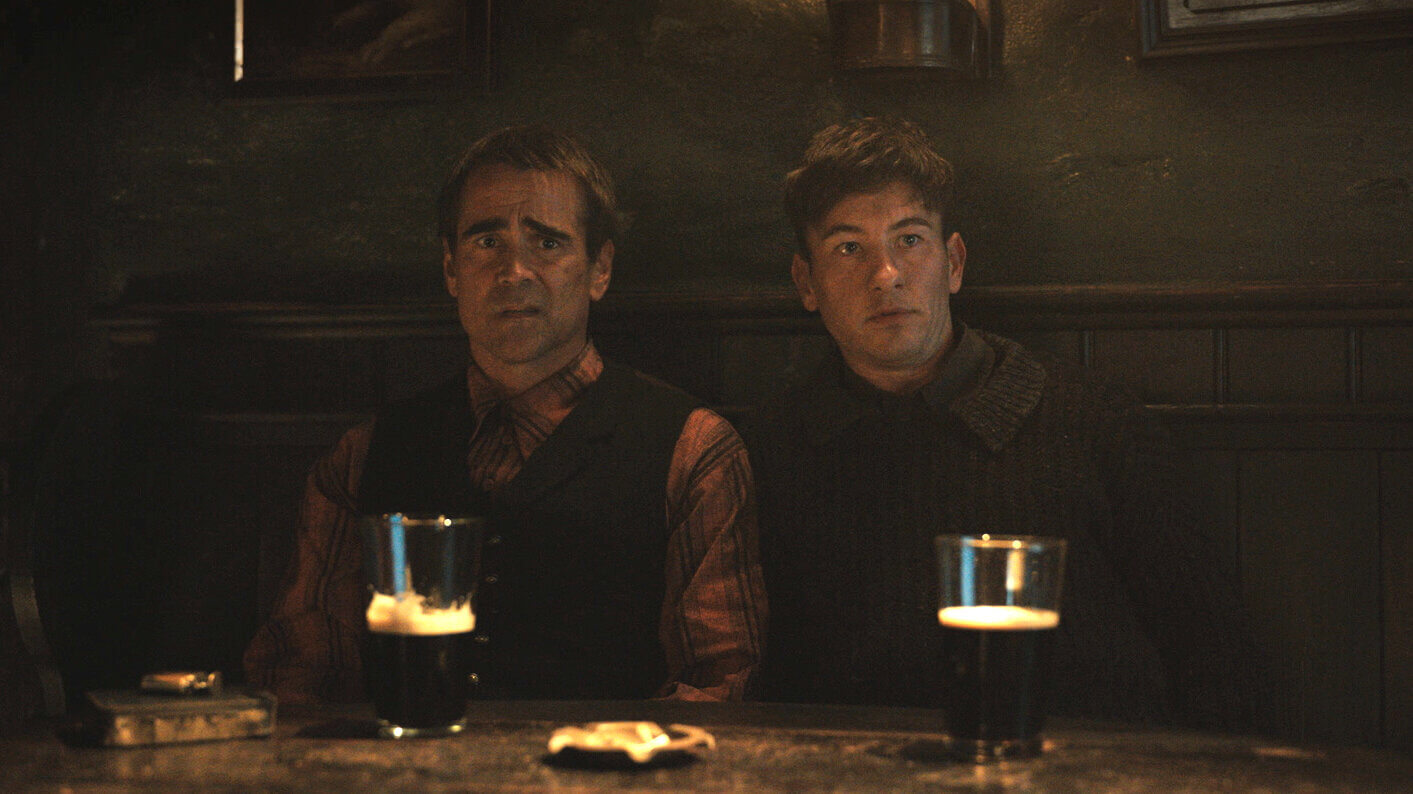
Of course, nothing would have come of it if it weren’t for first-class acting and proper character construction – both things are standard for McDonagh. The Irishman builds his characters primarily on the principle of contrast: in his films, naive, often too talkative and quick-tempered fools (Ray from In Bruges, Dixon from Three Billboards…, Pádraic from The Banshees of Inisherin) and much more distant reality, taciturn stoics (Ken from In Bruges, Willoughby from Three Billboards…, Colm from The Banshees of Inisherin). A similar dependence can be seen even in the short film Six Shooter, in which the protagonist, depressed after the death of his wife, is juxtaposed in a train compartment with a loud-mouthed teenager. However, each of the characters undergoes a significant transformation during the plot, redefining their life attitude – it is similar in The Banshees of Inisherin. Pádraic, played by Farrell, loses his innocence when confronted by Colm. He discovers that he is capable of things that no one would have suspected him of before. God’s simpleton, the Irish Candide, transforms before our eyes into an avenger, who, however, is hard not to sympathize with and cheer for. For this role, Farrell received, and rightly so, the Volpi Cup at the Venice Film Festival, beating the favored Brendan Fraser (also great in the slightly less great The Whale). The first Oscar nomination should therefore be a formality.
Is The Banshees of Inisherin the best of Martin McDonagh’s projects so far? Very likely. It is certainly the most mature film in his career: impressive in its modesty, internally rich. A film that proved that it is possible to build an engaging, multidimensional story on the basis of an absurdly simple, even trivial conflict. Reportedly, Godard once said that “all you need to make a movie is a girl and a gun.” McDonagh might have replied – and he would have been right – “two guys arguing is enough.”



